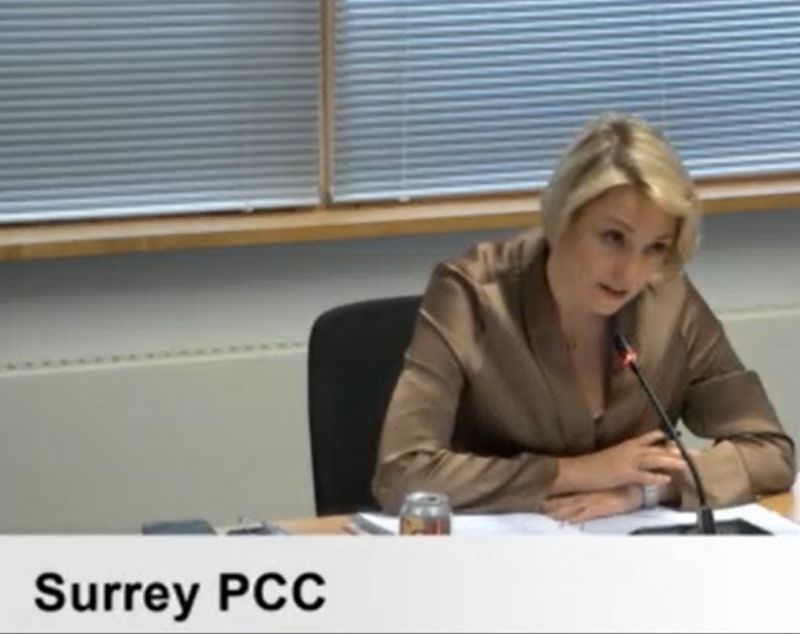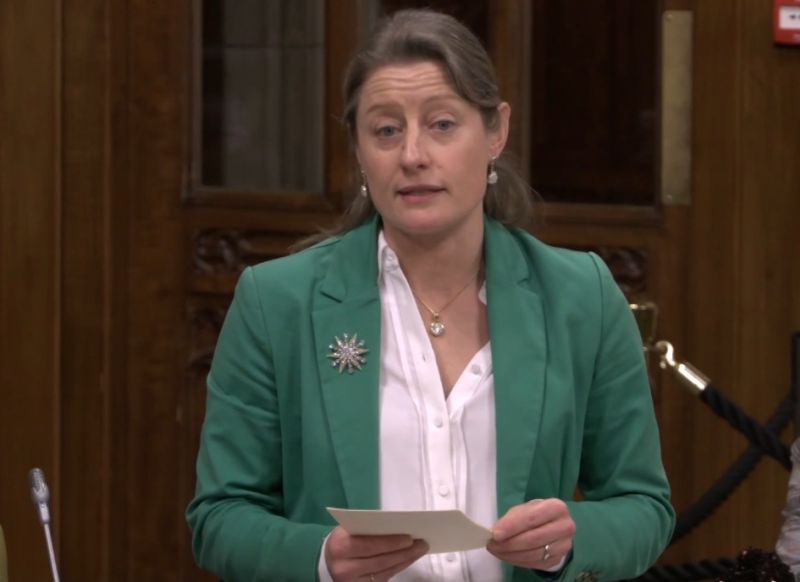Better private – public health communications could prevent deaths
A young woman tragically took her own life in Surrey prompting a warning from a coroner over communication barriers between hospitals. Meghan Chrismas, who suffered from anxiety disorder, depression, complex PTSD and ADHD, died by suicide on October 20, 2021 at a Premier Inn in Guildford.
Less than three weeks prior, Meghan had impulsively attempted suicide by overdose and was admitted to Royal Surrey Hospital on the following day. She was offered further psychiatric treatment through the NHS at this time, which she declined in favour of continuing with her private treatments at The Priory Hospital. Information about Meghan Chrismas’ attempted overdose was only sent to her GP and not her private psychiatrist.
Meghan took her own life the same day as her private psychiatrist said she was “progressing well”. Following Meghan’s inquest Coroner Darren Stewart OBE wrote in a Prevention of Future Deaths report to NHS England over the ‘concerning’ communication barriers between private and public healthcare services.
He wrote: “At a time where pressures on the NHS exist, particularly for mental health services, it is of concern that measures which could alleviate this pressure (where someone sources private care) do not exist. There is little or no policy, guidance or other effective arrangements to share important clinical information about patients between private and public healthcare sectors.”
“The passage of information between NHS and private healthcare providers is hindered due to the absence of an adequate structure to share important clinical information about patients in a timely and effective manner. Action should be taken to prevent future deaths .”
Meghan was prescribed antidepressants after a face-to-face appointment with her GP in February 2021. She started seeing a private psychiatrist around July, and received prescriptions both privately and from her GP.
The coroner also raised this as a key concern. They wrote: “This means Mrs. Chrismas had access to double prescriptions. Healthcare professionals treating Mrs. Chrismas placed significant reliance on the perception that she would be open and honest in her communication with them.”
The coroner also raised concerns around police forces communication between each other. It was at, 4.54pm that Meghan contacted Surrey Police to explain that she was fine. At 5.18pm, the call handler in the Hampshire Police control room communicated with Surrey Police only via email.
After receiving no response from Surrey Police, the handler in the Hampshire Police control room communicated with them via telephone Surrey Police then attended the location in Guildford and found Meghan’s room barricaded. Upon gaining access to the room, officers found that Meghan had sadly died.
Officers attempted to resuscitate Meghan and her heartbeat restarted. After resuscitation, Meghan was transported to Royal Surrey County Hospital where she died two days later on October 20, 2021 from a Hypoxic Brain Injury.
The coroner wrote: “The handling of the incident involving Mrs. Chrismas in Hampshire Constabulary’s Force Control Room which resulted in a hour delay in determining that an important communication (being a request for assistance) had not been received by a neighbouring force.” It was not concluded however that this shortcoming contributed to her death.
Hampshire Constabulary have since said they have made significant improvements to their process. These measures included: Revision of training provided and the introduction of additional training for supervisors and control room staff. Implementation of National Policy concerning Missing Persons, including documentation to assist in control room responses to similar circumstances. Revision of the recording of risk assessment measurements on the computer aided dispatch record (CAD) system.
It was further explained to the court that the measures should be seen in the context of wider cultural change management in the supervision and leadership being undertaken by Hampshire Constabulary in the operation of the Control Room.
A spokesperson for Surrey and Borders Partnership NHS Foundation Trust said: “Following Meghan’s death an amendment was made to our Psychiatric Liaison Service policy stating discharge letters will be sent not just to the GP, but also to any other relevant external professional – provided we have the explicit consent of the individual to do this. The measure was welcomed by the Coroner.”
SABP added it has developed new guidelines for both community and in-patient clinicians to ensure it routinely and actively seeks a person’s consent to contact and share information with or from their private practitioner.
The Priory Hospital did not make an additional comment. NHS England has been approached for comment.



















